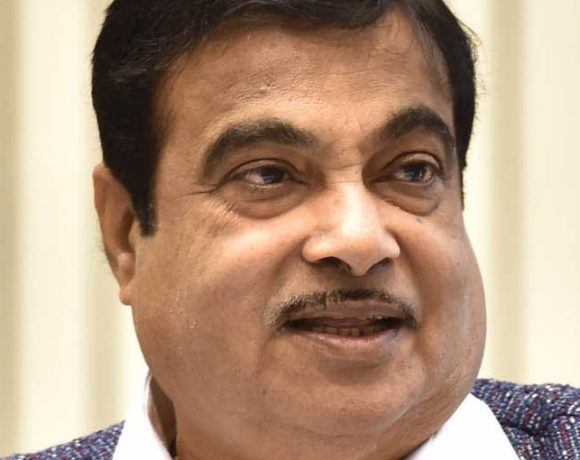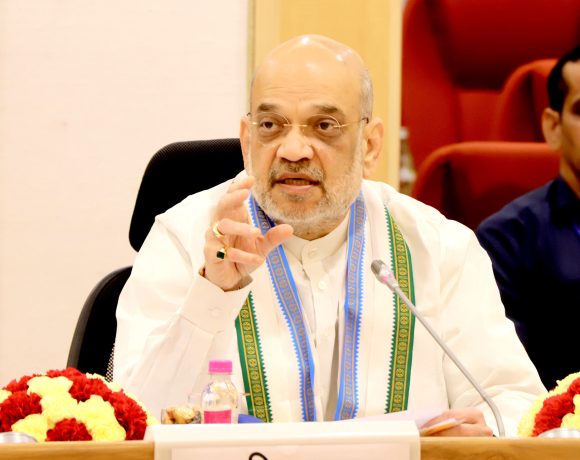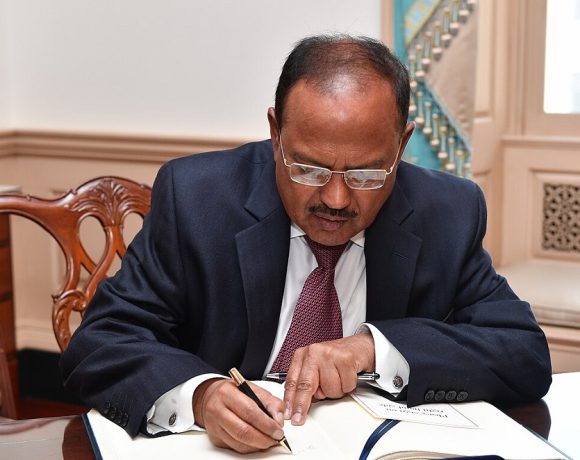
India‑UK FTA Heralded as Step to Viksit Bharat – Piyush Goyal
Union Commerce and Industry Minister Piyush Goyal has hailed the recently signed India–UK Free Trade Agreement (FTA) as a “game-changer” and a key step toward achieving Prime Minister Narendra Modi’s vision of Viksit Bharat. Officially titled the Comprehensive Economic and Trade Agreement (CETA), the deal was signed in London on July 24 in the presence of both Prime Ministers, Narendra Modi and Keir Starmer. Commerce Minister Goyal and UK Secretary of State for Business and Trade Jonathan Reynolds formalized the agreement, which is now awaiting ratification by the British Parliament following India’s Cabinet approval.
99% of Indian Exports to Get Duty-Free Access
Goyal stated that the FTA secures duty-free access for 99% of Indian exports to the UK, particularly benefiting sectors like textiles, leather goods, footwear, seafood, spices, and MSMEs. He emphasized that the agreement was negotiated keeping India’s sensitivities in mind, allowing only 25% of UK imports into India to receive immediate duty-free access, with the rest phased over time to safeguard Indian farmers and industries.
Boost for Traditional Industries and Trade Targets
The agreement also includes intellectual property protections for Indian products such as Kolhapuri chappals under the Geographical Indication (GI) tag, ensuring traditional crafts are not exploited abroad. Goyal said this recognition was critical for preserving India’s heritage while opening new global markets. Indian seafood exporters are expected to benefit significantly, with projections suggesting a 70% increase in exports to the UK. The government aims to raise bilateral trade with the UK to $120 billion by 2030 under this pact.
Stronger Than Previous FTAs, Says Goyal
Goyal contrasted this FTA with earlier agreements signed during the UPA era, which he said had damaged Indian manufacturing by allowing uncontrolled imports. He claimed that the current government’s approach has been more strategic, targeting countries that complement rather than compete with India’s economy. He listed recent FTAs with Australia, the UAE, EFTA, and Mauritius as examples of balanced agreements that protect domestic interests while promoting exports.
Concerns Over Healthcare Access Raised
Despite the praise, the FTA has raised concerns among healthcare experts and public interest groups over provisions related to patents and compulsory licensing. Critics fear that the agreement’s intellectual property clauses could limit India’s ability to issue affordable generic drugs in the future, potentially impacting access to life-saving medicines for the poor.
A Strategic Milestone for Indian Trade Policy
The India–UK FTA is considered one of the most comprehensive and commercially significant agreements India has signed. Once implemented, it is expected to create new job opportunities, boost investments, and deepen India’s integration into the global trade system, while also supporting the long-term goal of becoming a developed nation by 2047.


















